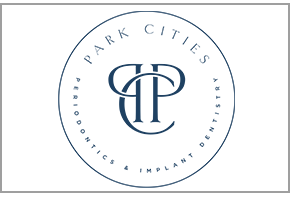 Do your gums bleed when you brush or floss? Bleeding gums is a common sign of periodontal (gum) disease but sometimes this condition presents few symptoms in its earliest stages. Since gum disease can be asymptomatic in the beginning, it is important to practice vigilant oral hygiene, eat a well-balanced diet, and visit your dentist for routine checkups and cleanings.
Do your gums bleed when you brush or floss? Bleeding gums is a common sign of periodontal (gum) disease but sometimes this condition presents few symptoms in its earliest stages. Since gum disease can be asymptomatic in the beginning, it is important to practice vigilant oral hygiene, eat a well-balanced diet, and visit your dentist for routine checkups and cleanings.
Some of the most common symptoms of periodontal disease include:
- Recession of the gum line
- Persistent bad breath
- Bleeding gums during oral hygiene
- Sores and gingival tenderness
- Discoloration of the gums such as purple or dark red gingiva
- Loose teeth and tooth loss
The Incidence and Onset of Gum Disease
Gum disease is prevalent. In fact, up to 80% of the adult population in the United States will develop periodontal disease in their lifetime. Controlling gum disease as soon as possible can literally save your teeth, gums, and bones from destruction.
Periodontal disease begins when the gingiva are inflamed and irritated by the accumulation of plaque. A sticky substance, plaque forms in our mouths every day and coats teeth. Since it is full of bacteria, it irritates the gingiva.
When we do not brush and floss properly, plaque accumulates and hardens into tartar. Unlike plaque, tartar can’t be removed with brushing or flossing. Instead, it must be removed by dental instruments that oral health professionals use.
Once plaque and tartar irritate the gums, they will pull away (recede) from teeth as an inflammatory response. Gum recession leads to the development of periodontal pockets where more plaque and tartar deposits collect.
As the gums recede and become infected, patients will begin to see signs of gum disease like bleeding during oral hygiene, the exposure of the roots of teeth, and bad breath. The infection associated with gum disease is systemic and is powerful enough to erode the bonds between gums and teeth and teeth and bone.
Seeing a Periodontist for Gum Disease Treatment
A periodontist is a dentist with advanced education and training to diagnose and treat all forms of gum disease. These specialists offer advanced treatment options to improve oral health and manage periodontal disease.
If you have signs of gum disease, contact Park Cities Periodontics and Implant Dentistry to schedule a consultation with our expert team.






